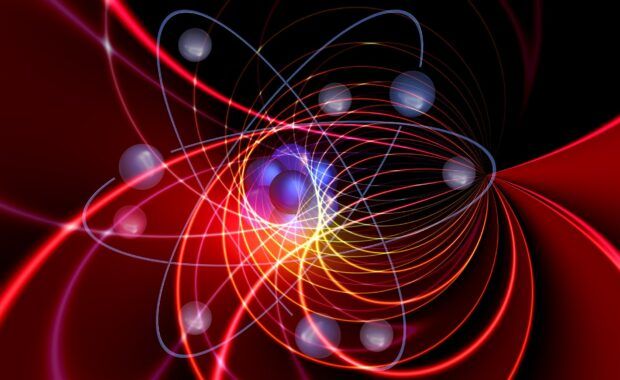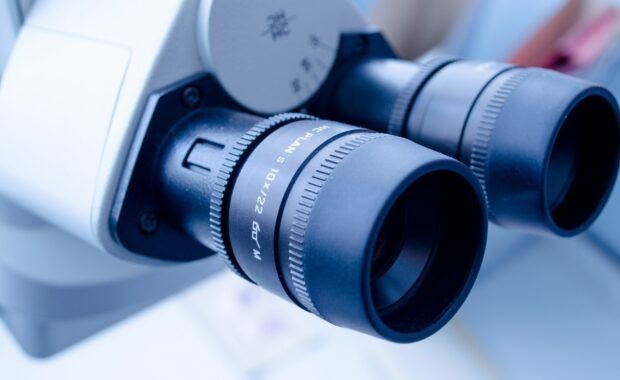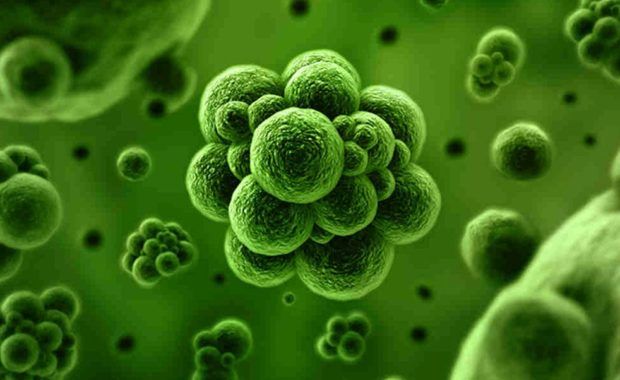On 2 July, the European Commission launched a new strategy to make Europe the most attractive place in the world for life sciences by 2030. Life sciences – the study of living systems, from cells to ecosystems – are fundamental to our health, our environment and our economy. They drive innovation in medicine, food and […]
Read MoreCommission launches strategy to make Europe Quantum leader by 2030
Last July 2, the European Commission has put forward the Quantum Strategy to make Europe a global leader in quantum by 2030. The Strategy will foster a resilient, sovereign quantum ecosystem that fuels startup growth and transforms breakthrough science into market-ready applications, while maintaining Europe’s scientific leadership. Quantum technologies will revolutionise addressing complex challenges, from pharmaceutical […]
Read More2025 Digital Decade Progress Package
The State of the Digital Decade 2025 report offers a comprehensive overview of the EU’s digital transformation. The Digital Decade Policy Programme 2030 sets the framework for the EU’s digital transformation. The Commission monitors its evolution each year with a report on the state of the Digital Decade. The report maps the progress […]
Read MoreEuropean Commission gives green light to SES’s acquisition of Intelsat without conditions
The European Commission has approved unconditionally, under the EU Merger Regulation, the proposed acquisition of Intelsat Holdings S.à r.l. (‘Intelsat’) by SES S.A. (‘SES’). The Commission concluded that the transaction would not raise competition concerns in the European Economic Area (‘EEA’). Both SES and Intelsat are global satellite network operators that own and operate geostationary […]
Read MoreEU-Funded Scientist Awarded Shaw Prize for Breakthroughs in Advanced 3D Imaging Technology
Molecular biologist and European Research Council grantee Wolfgang Baumeister was awarded the Shaw Prize at a press conference held in Hong Kong on 27 May 2025. Director Emeritus and scientific member of the Max Planck Institute of Biochemistry in Germany, Baumeister received this honour for his trailblazing work on the advancement of cryogenic-electron tomography (cryo-ET). […]
Read MoreMicrobes for the environment: biotechnological solutions to combat pollution
Teams from two EU-funded projects met to foster collaboration, share progress and address common challenges in the advancement of bioremediation. Their aim is to fight environmental pollution. The EU-funded BIOSYSMO and MIBIREM project teams have a common goal: to sustainably remediate polluted environments using microbes. On 19-20 March 2025, the partners of the two projects held […]
Read MoreCommission launches strategy to boost Europe as an emerging powerhouse
The European Commission launched on 28 May the EU Strategy for Start-ups and Scale-ups, “Choose Europe to Start and Scale”, which aims to make Europe a leading place to create and develop technology-driven global businesses. The Strategy is in line with the broader “Choose Europe” initiative launched by President Von der Leyen. This initiative focused […]
Read MoreEU invests €7.3 billion from Horizon Europe to boost competitiveness and talent.
The European Commission is investing over €7.3 billion through its newly adopted Horizon Europe work programme for 2025 to strengthen Europe’s research and innovation engine and global edge. This will drive cutting-edge science, accelerate the EU’s green and digital transitions, and enhance Europe’s competitiveness. The programme will help attract and retain top researchers in Europe […]
Read MoreCommission invests €1.25 billion in researchers
Europe is stepping up its ambition to cement the position of a global leader in research. New calls worth over €1.25 billion in 2025 under the Marie Skłodowska-Curie Actions (MSCA) open doors for new talents. The funding will support cutting edge research and focus on developing research talent, fostering international collaboration, and connecting science with society, with targeted support […]
Read More








